Autism and Trauma: Connections & Interactions – What Educators Need to Understand – Single User
$49.00
Description
Grades K-12
A recent CDC (Centers for Disease Control) report states that 1 in 68 children have autism an alarming 30% increase since 2012.’ The number is far more prevalent in males (1 in 42). ’’Individuals with traits on the autism spectrum are at a high statistical risk of developing PTSD as well as other comorbidities that negatively impact their functioning level. ’As children, they are five times more likely to be bullied or abused than neurotypical individuals.
This 90-minute webinar will help professionals in a school setting increase their awareness of the often hidden vulnerabilities with this growing group of children with hyper-reactive brains living in, what can be considered, an aversive intense world.’ Since the research conducted from the Adverse Childhood Experiences Study there has been a heightened awareness of focusing on treating trauma more assertively.’ In fact, there are significant legal efforts demanding that school systems apply trauma-Informed practices.’ And with the increased prevalence of Autism Spectrum Disorder, schools are more challenged than ever to be autism spectrum-informed to best meet the needs of these students. This information-packed webinar will cover:
Exploring the etiology of trauma and the nervous system.
Review of current research on the relation of trauma, the brain and autism
Types of traumatic exposure and impact to people with ASD
Effects and factors of bullying on students with ASD
Bridging the gap between autistic thinking and the neurotypical mind.
The difference between psychosis and the autistic world.
Examples of how these symptoms can play out in a school setting with sometimes tragic results but also with magnificent outcomes.
Interventions addressing the following:
Transitions
Sensory processing challenges
Receptive and expressive delays
Meltdowns
Deep defense mode
Over-consumption of gaming
Learning Objectives: This webinar will help you:
Identify connections between the effects of trauma and ASD
Create solutions and interventions for the traumatized autistic child addressing difficulties with transitions, sensory processing, and other environmental stressors
Provide improved linkage of schools with mental health and other agencies supporting the developmentally challenged
You Will Also Receive:
To augment the PowerPoint presentation and activities, each participant will receive a (PDF) resource packet of the presentation with ideas, reproducible forms, activities and other suggested resources.
Who Should Attend:
Classroom Teachers
School Counselors
Social Workers (Intermediate and Advanced)
Principals and Administrators
Special Education Personnel
At-Risk Coordinators
Behaviorists
Intervention Specialists
After-School Program Coordinators
School Psychologists
Community Youth Program Coordinators
Substance Abuse Prevention Coordinators
Law Enforcement/SROs
About the Presenter:

Craig McCullough has been a counselor educator for the past 20 years working with children and families in various settings. These have included schools, residential day treatment facilities, inpatient hospital programs, community-based models and a traditional psychotherapy practice. He has specialized using various trauma-focused approaches. With the rise in the diagnosis of autism, Craig became more exposed to clients who were on the spectrum. He soon discovered the conventional wisdom surrounding autism to be not entirely adequate in appropriately treating the social and emotional struggles of this population. His family has also been given the challenge and privilege of raising a daughter diagnosed with Aspergers which has provided him additional insights.’
REGISTERING WITH A PURCHASE ORDER?
To submit a purchase order, click here. We accept registration forms and school purchase orders by fax, mail or email to pd@accutrain.com.
Additional information
| Weight | 1 g |
|---|

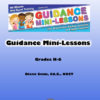
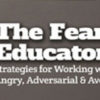

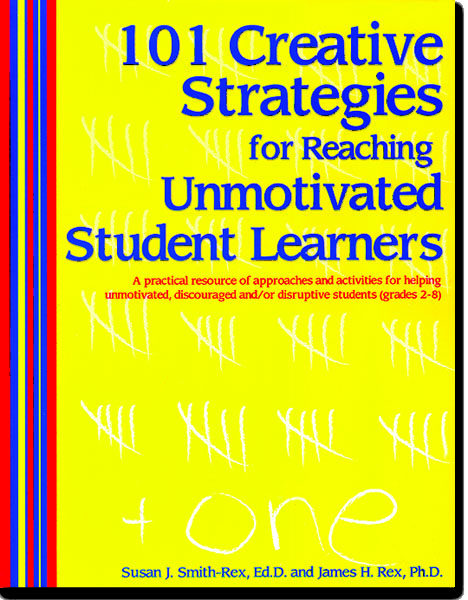
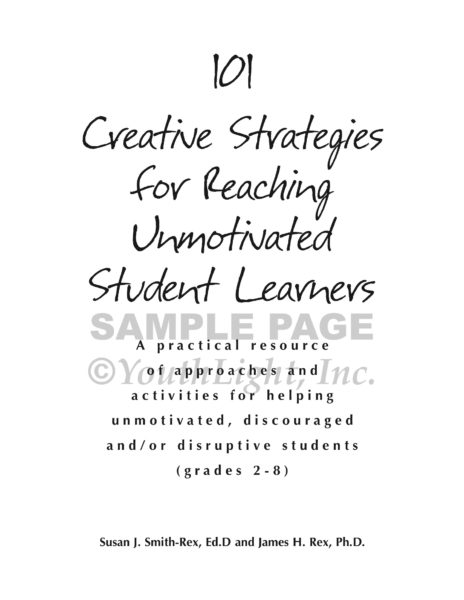
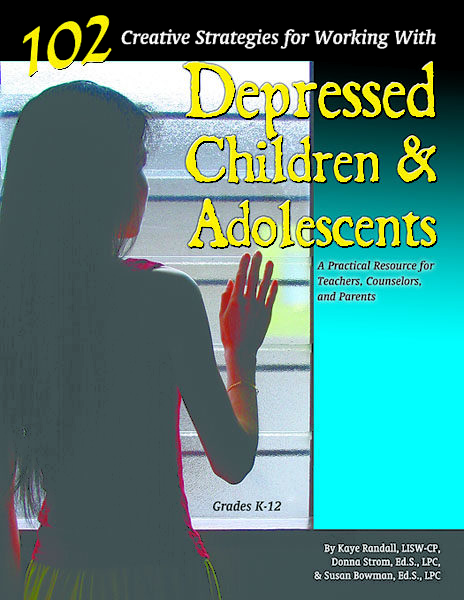

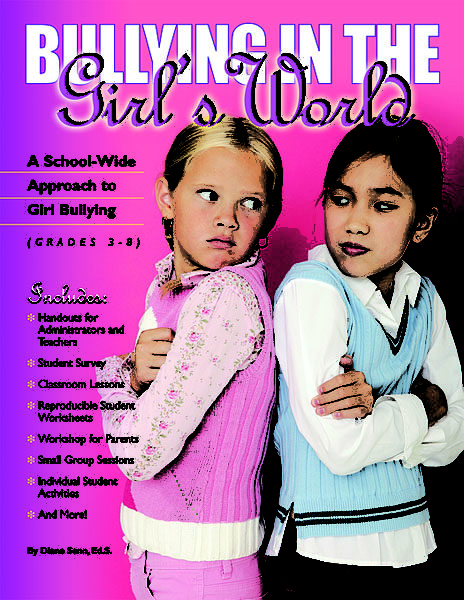
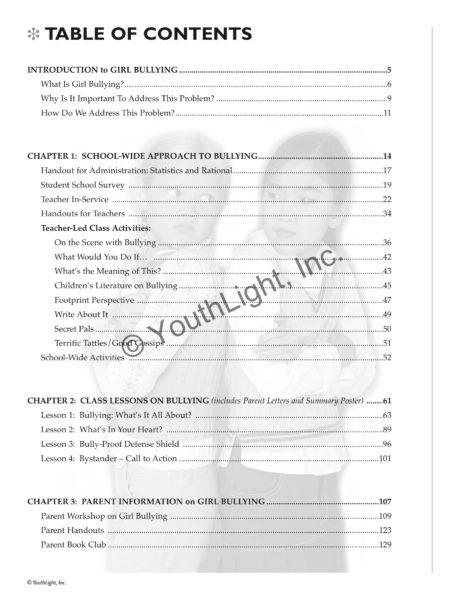
Reviews
There are no reviews yet.